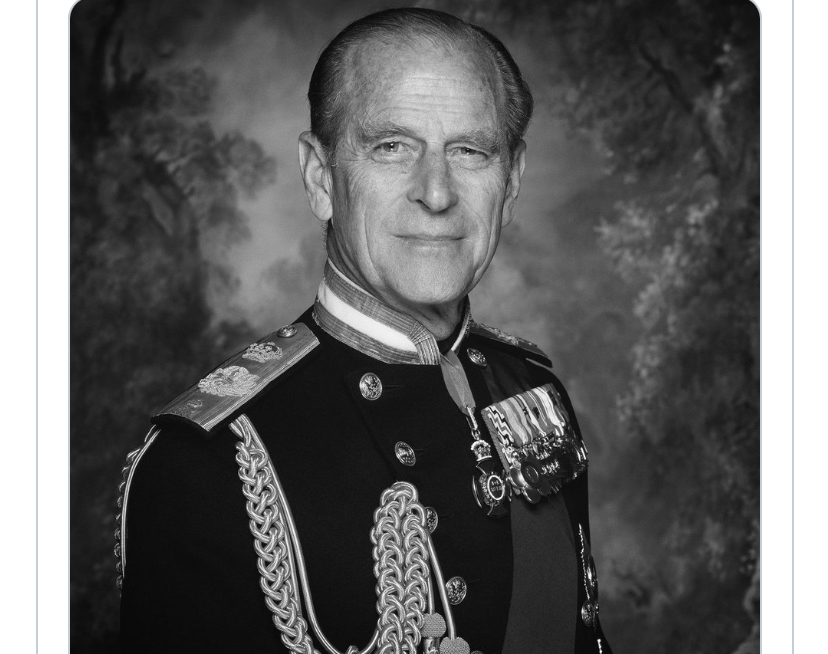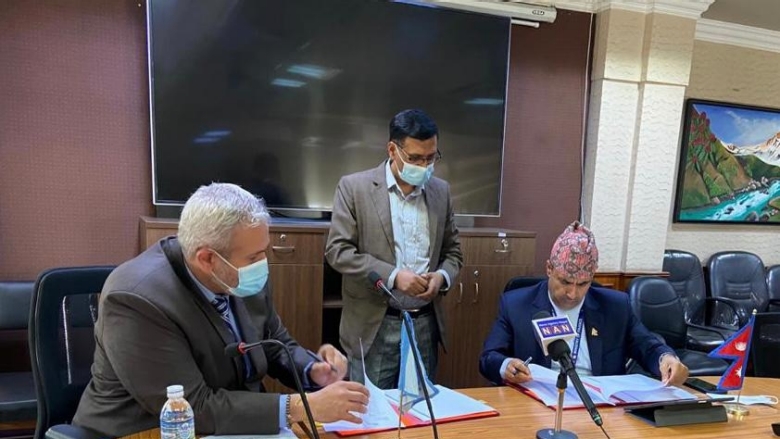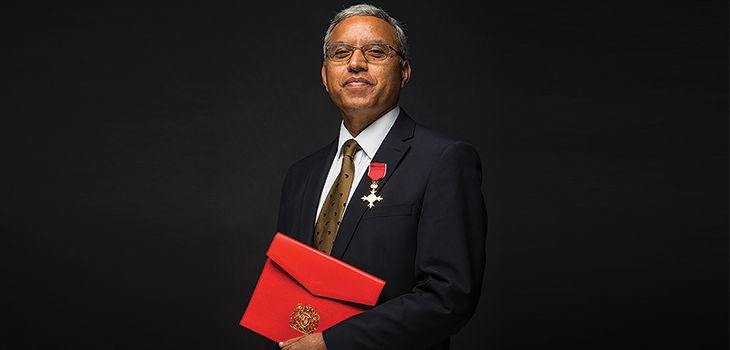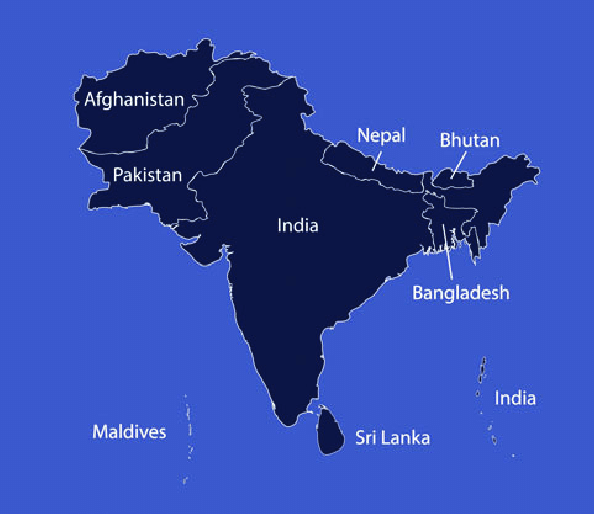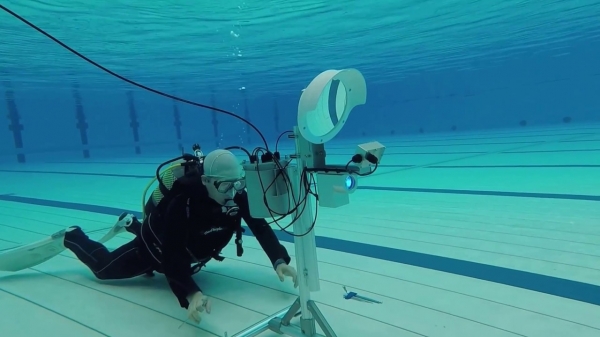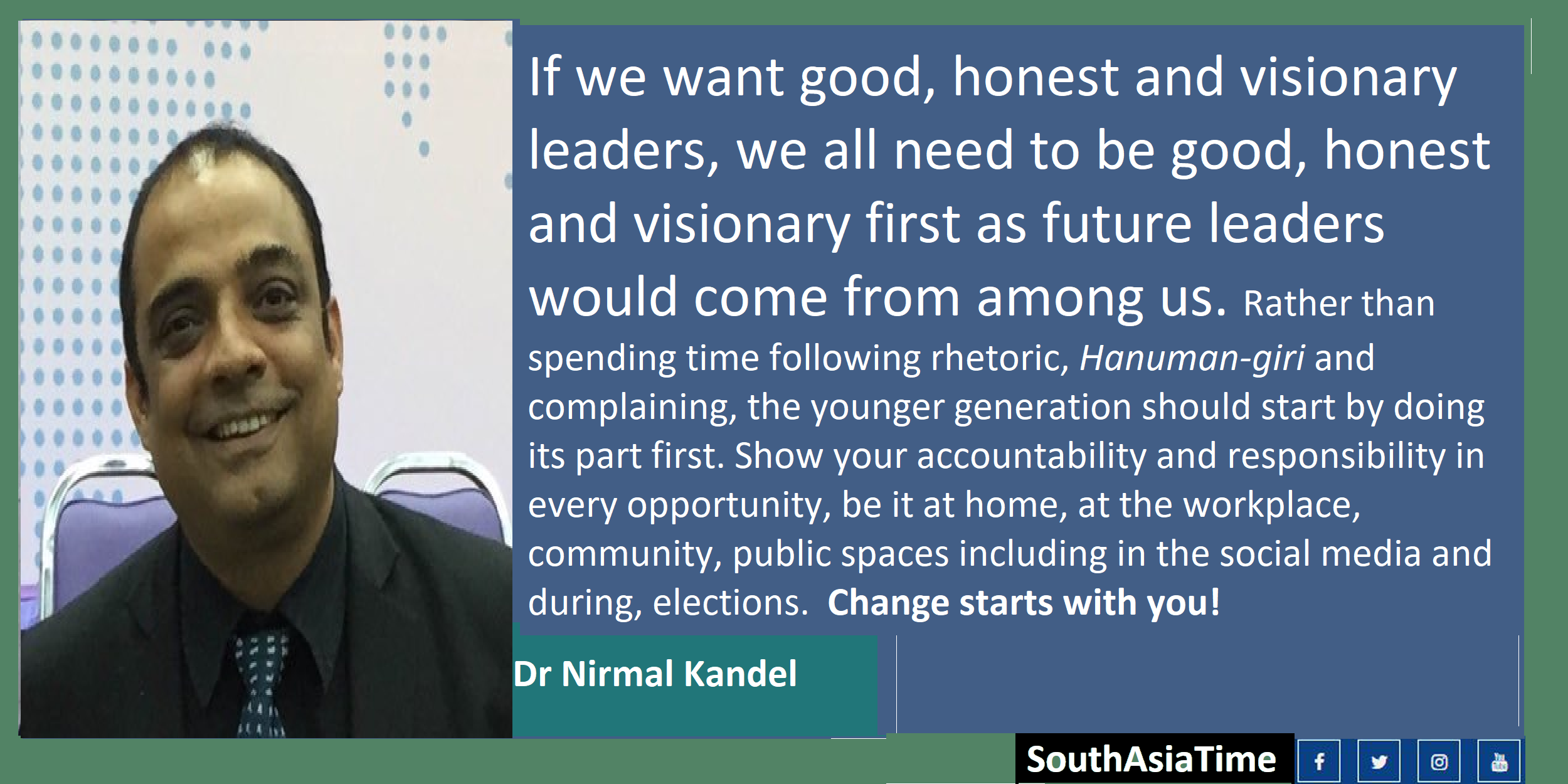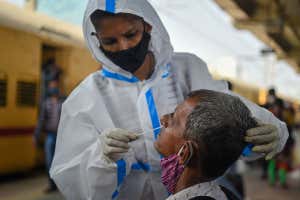London – A government-commissioned review into racism has concluded the United Kingdom is not an institutionally racist country, prompting a backlash from critics who described the findings as an “utter whitewash”.
In an anticipated report published on Wednesday, the Commission on Race and Ethnic Disparities said the UK was not yet a “post-racial country” but should be regarded as a “model for other white-majority countries”, citing achievements towards equality in the sectors of education and economy.
While the report acknowledged “overt and outright” racism persisted and said some communities were “haunted” by historic discrimination, it downplayed the importance of systemic racism in explaining inequalities in areas such as health and crime.
The UK, it said, was no longer a country where the system is “deliberately rigged” against ethnic minorities.
“Impediments and disparities do exist, they are varied, and ironically very few of them are directly to do with racism,” the 258-page report said. “The evidence shows that geography, family influence, socio-economic background, culture and religion have more significant impact on life chances than the existence of racism.”
But opposition politicians and campaigners were quick to dismiss the commission’s conclusions.
Halima Begum, director of the UK’s Runnymede Trust race equality think-tank, said the report had been “written to a script” defined by Prime Minister Boris Johnson’s government, as she labelled it an “utter whitewash”.
“In it, the government cannot even bring itself to acknowledge or show any empathy for the incidence of racism in the UK,” Begum told Al Jazeera.
“Frankly, by denying the evidence of institutional racism … I think they’ve insulted every ethnic minority in this country – the very people who continue to experience racism on a daily basis.”
The Institute of Race Relations (IRR), another UK-based think-tank, said in a statement: “We can see no attempt here to address the common ethnic minority experience of structural racism within areas such as the criminal justice system.”
The report’s findings, the IRR said, “fit neatly with the government’s attempts, post-Brexit, to portray the British nation as a beacon of good race relations and a diversity model”.
The Commission on Race and Ethnic Disparities was set up by Johnson after anti-racism protests swept the UK last summer following the death of George Floyd in the United States.
It had been due to publish its report last year. The delay was blamed on COVID-19 restrictions and the high number of responses from the public.
A spokesperson for Black Lives Matter UK told Al Jazeera the commission’s conclusions highlighted a bleak reality that Black Britons’ voices are still not heard.
“We didn’t need another report. We needed to start looking at implementing impactful and lasting change,” the spokesperson said, adding the criminal justice system and policing methods – including controversial stop-and-search procedures, needed reform.
“We need action,” they said.
Recommendations to ‘remove obstacles for everyone’
The report said children from ethnic minority communities often performed as well as, or better than, white pupils.
Students of Black Caribbean heritage were the only group to register lower attainment levels, it said.
As evidence of an “improving picture” at workplaces, it cited increased diversity in professions such as medicine and law and a shrinking race pay gap overall, which stood at 2.3 percent.
“The well-meaning idealism of many young people who claim the country is still institutionally racist is not borne out by the evidence,” the report said.
“The country has come a long way in 50 years and the success of much of the ethnic minority population in education and, to a lesser extent, the economy, should be regarded as a model for other white-majority countries.”
In light of its findings, the commission made 24 recommendations “designed to remove obstacles for everyone, rather than specific groups”.
One suggestion was to end the use of the BAME acronym, meaning Black, Asian and minority ethnic, which it called “unhelpful”.
Another idea was to establish an office for health disparities aimed at reducing inequalities, and a third example focused on encouraging companies to move away from unconscious bias training in favour of seemingly vague new interventions to “advance fairness in the workplace”.
But opposition Labour Party MP and shadow secretary of state for justice David Lammy said the government had missed an opportunity to address an “overwhelming desire for change” after Floyd’s killing.
The report, he said, could have been a “turning point and a moment to come together” but instead had divided the UK once more.
“British people – Black and white – are crying out to turn the page on racism,” Lammy tweeted. “With this report, Boris Johnson is standing in their way.” ( From : Al Jazeera)




